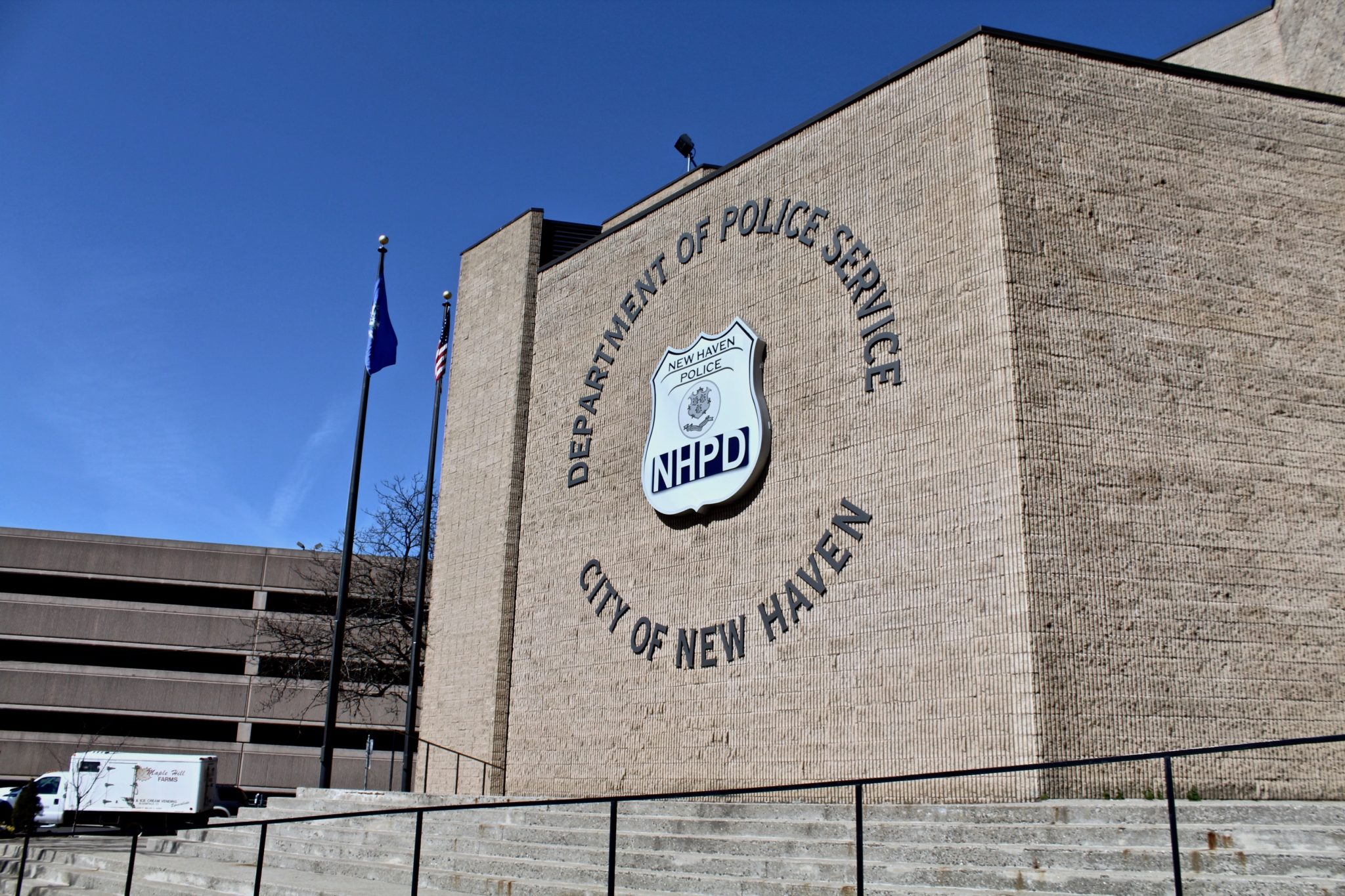
Adrian Kuleza, Staff Photographer
Thursday marked the opening day of New Haven’s first Police Clergy Academy training program, a collaboration between local clergy members and the New Haven Police Department.
About 20 clergy members gathered at the New Haven Police Academy to participate in a partnership that seeks to improve relationships between the police department and New Haven residents. Specifically, the program educates the clergy about criminal law and victim counseling. By involving trusted religious leaders in police proceedings and increasing transparency, the NHPD is hoping to build its relationship with New Haven’s residents.
“[The clergy] is going to help us bridge those relationships and be more legitimate in the eyes of the community,” New Haven Chief of Police Otoniel Reyes told the News in an interview. “It’s about enhancing their partnership and utilizing what they have in the community — the stature they have, the access they have, the trust they have — to help us increase our trust and our legitimacy.”
The academy’s nine-week curriculum requires members of the clergy to attend one three-hour session each week. The program will work in tandem with other government departments, such as the State Attorney’s Office, in order to teach clergymen about the different facets of police procedure, such as arrest procedures and courtroom practices. The clergy will also be trained in making appropriate appearances during ongoing crime scenes in order to immediately be able to reach out to the community and counsel victims.
NHPD and the clergy jointly developed the novel initiative as a result of their individual preexisting relationships. Reyes said that officers met with clergymen — many of whom are prominent community leaders in New Haven — once a month to discuss the state of affairs within New Haven communities, and they determined that such a program would be the best way to alleviate community concerns over policing.
Despite initiatives to promote community policing, police-community relations in the Elm City have been fraught with tension in recent months. The city has seen two officer-involved shootings of New Haven residents by law enforcement in the last year alone. Stephanie Washington and Paul Witherspoon was shot in April of last year, and teenager Mubarak Soulemane died after an altercation with state troopers earlier this month. These shootings have sparked numerous demonstrations across the city.
“Instantly, the choice of one officer can damage the relationship between the community and the police department,” Mayor Justin Elicker, who also gave a brief opening speech, told the room. “Those types of incidents can really damage the work that we have done in the past several years to improve that relationship.”
Elicker also spoke about the value of strengthening community-police bonds in order to effectively tackle some of the city’s problems, such as “disengaged youths” and public safety.
According to Reyes, much of the distrust surrounding the police department is due to a perceived opacity of police practices. However, Reyes said that the program depends on the premise that, if a reliable community leader is able to articulate the reasoning behind police tactics, the community might be soothed.
“Any time there’s an officer involved shooting, a lot of the concern the community has is to do with the fact that they don’t understand what happened,” Reyes said. “It’s really critical that people that are legitimate in the community have an understanding and can help bridge those gaps of understanding.”
Members of the clergy also expressed their optimism for the program and emphasized a responsibility they felt to engage with the community in light of recent instances of state violence.
“Looking at my congregation, every time there is a loss due to violent tragedy, I know it does a lot of good for the community if they know I’m there,” said Pastor Jackie Williams of Mount Bethel Missionary Baptist Church. “We’re here to learn even more, to serve and be bridges.”
The New Haven Police Academy is located at 710 Sherman Parkway.
Meera Shoaib | meera.shoaib@yale.edu







